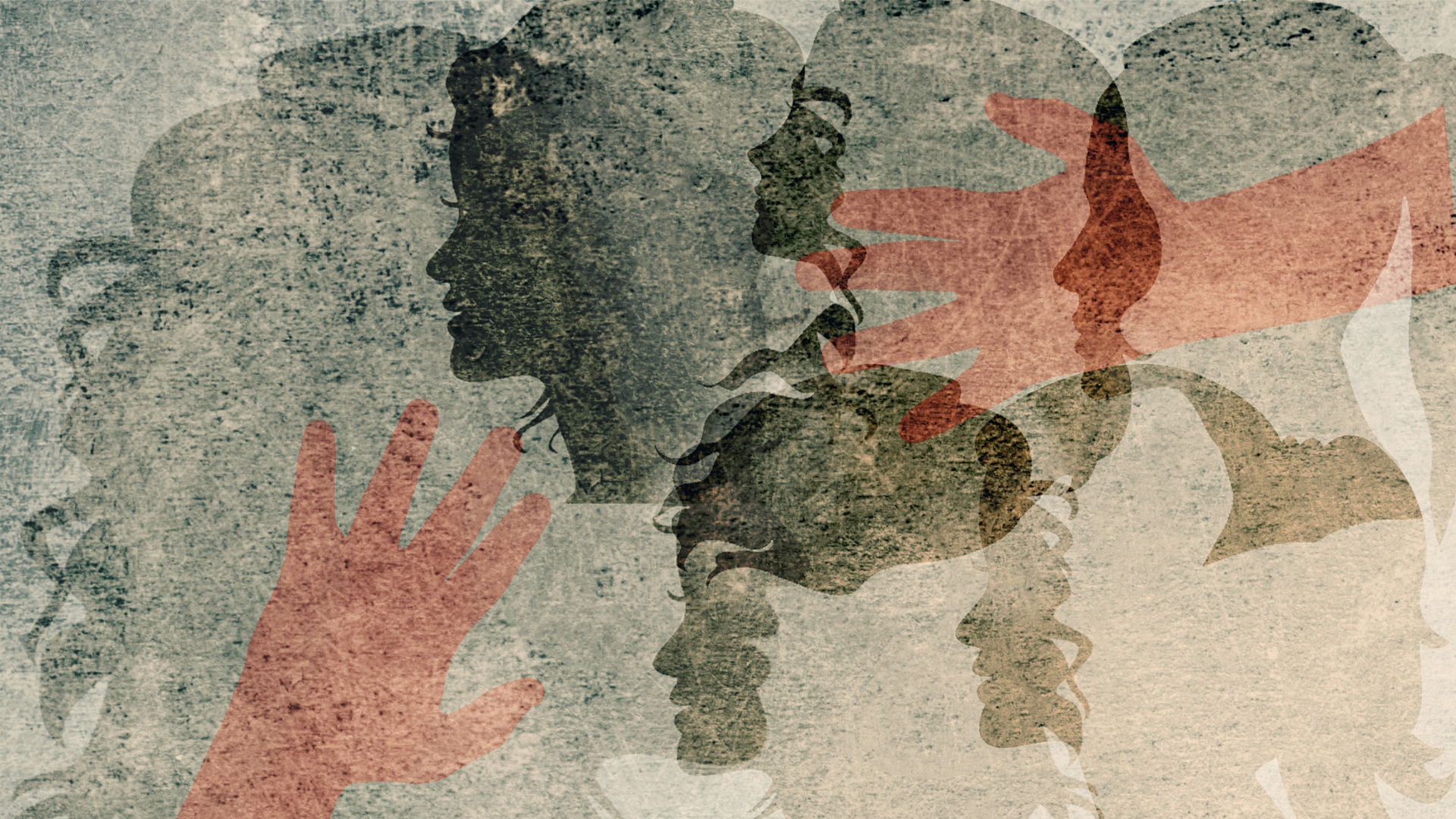When an email from church announced an upcoming women’s Bible study on Judges, my mind raced to various passages, trying to grasp how we’d talk about this book as a group of women in an extremely progressive city. Judges might win the prize for “Most Uncomfortable Book of the Bible to Study”—especially for women.
While it may seem ill-advised to ask women to study passages that record abuse and mistreatment of women, skipping over these stories because they make us uncomfortable does us a disservice. Instead, we can take comfort knowing that God included these difficult stories in Scripture for our benefit. Studying Judges can help women grow in faith and knowledge of God. Here are three truths we uncover when we look deeper.
Misguided Without Scripture
In Judges 11, a father named Jephthah makes a hasty vow: If God gives him military victory, he’ll sacrifice the first thing that walks through his door. Tragically, it turns out to be his daughter. The story gets more confusing as we see her response. She accepts her fate, saying her father must keep his word to God, only asking that he allow her two months to mourn.
How could God allow this girl to be sacrificed in his name? She seems so brave and righteous. As we consider Scripture’s larger context, though, we see that her sacrifice isn’t noble but tragic. There’s clear evidence that Jephthah keeping his vow wasn’t pleasing to the Lord, because God opposes child sacrifice (Lev. 18:21), and God had already provided a way out of foolish vows (Lev. 5:4–6). If this family had known and followed Scripture, the daughter might have seen that her death in this situation wouldn’t honor God, and Jephthah might have honored his vow through the alternative means God allowed.
Studying Judges can help women grow in faith and knowledge of God.
Many stories in Judges, like this one, are descriptive (not prescriptive). The point isn’t that we should act as Jephthah and his daughter did, keeping foolish vows no matter the cost. Instead, their story is a cautionary tale. They didn’t know God’s Word. They thought they were doing the right thing because they were unaware of the truth. We see that even people who earnestly desire to obey God can be misguided without proper understanding and knowledge of Scripture. And we can take comfort in knowing that God doesn’t look on this horrific event with approval.
Depraved Without God
In Judges 19, we find a gut-wrenching story where a Levite offers his concubine to a group of worthless, evil, lustful men to protect himself and a male guest. The wicked men viciously rape and abuse her, leaving her to die on her master’s doorstep. We weep with this woman and others who have been abused and abandoned by men who failed to protect them. And we may wonder about God—does this story mean that God doesn’t value or care for women?
But when we look at this sad, complicated story in the context of the rest of Scripture, we see it’s revealing the depravity of human character rather than reflecting God’s character. Given over to sin, mankind doesn’t reflect God’s heart for his people. Our sin nature leads us to exploit the vulnerable, weak, and marginalized instead of protecting them as God calls his people to do over and over again in Scripture. The book of Judges gets worse the longer you read because the people are living more entrenched in sin with each year that passes.
While we can hardly fathom the horrors of this specific instance, we all face the root temptation of denying and dishonoring God’s image in other people. We may recognize moments in our lives when we choose to protect ourselves or our reputations at the expense of another. When we’re left to our own devices, sin can lead to more and more horrendous acts. This passage makes us confront the deep depravity of sin and warns us not to grow callous to its effects around us or lazy in fighting its temptations within us.
Hopeless Without Christ
Amid the grievous stories recorded in Judges, we find the refrain “There was no king in Israel” (Judg. 17:6; 18:1; 19:1). And that’s where this dark, hopeless, cliff-hanging book ends: “In those days there was no king in Israel. Everyone did what was right in his own eyes” (21:25). The repetition of this phrase invites us to conclude that if there were a king, these atrocities wouldn’t have happened. It invites us to hope for a king to enter the story who would not only do what’s right but set all the wrong things right.
Reading Judges brings us to our knees, begging God for something better. It forces us to assess whether we truly believe in God’s goodness and sovereign care for his people and compels us to look holistically at Scripture for an answer. We need Judges, because in our darkest days, these stories remind us there is a King: Jesus Christ.
We need Judges, because in our darkest days, these stories remind us there is a King: Jesus Christ.
Whether you or a sister has experienced injustice, abuse, or betrayal, take heart: We serve a King whose love, justice, power, and compassion are limitless. He will heal the broken, comfort the oppressed, and set wrongs right (Rev. 21:4).
While Israel once longed for their promised King, we rejoice because he has come. Jesus lived, died, and rose again so that in our darkest moments, we can turn to One who will never fail, abandon, or harm us. He’s our compassionate Savior, risen Lord, and reigning King.
Judges is filled with bad news about humanity, but it points us to the good news of Jesus Christ.
News Source : https://www.thegospelcoalition.org/article/judges-womens-bible-study/
 Your post is being uploaded. Please don't close or refresh the page.
Your post is being uploaded. Please don't close or refresh the page.





